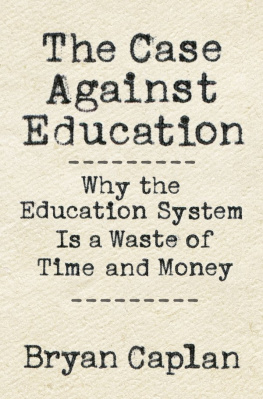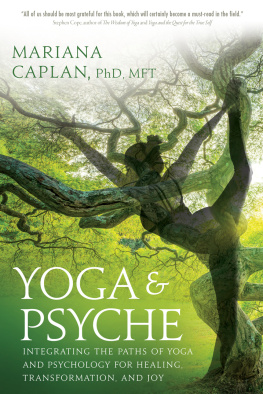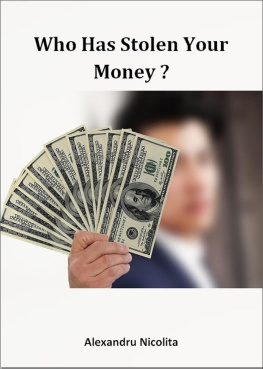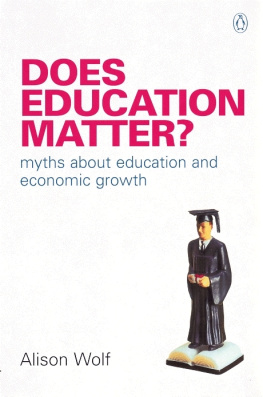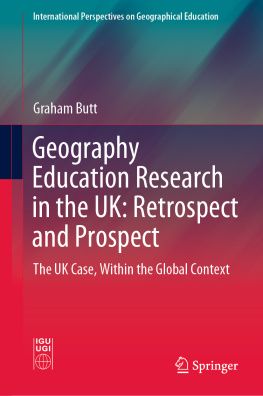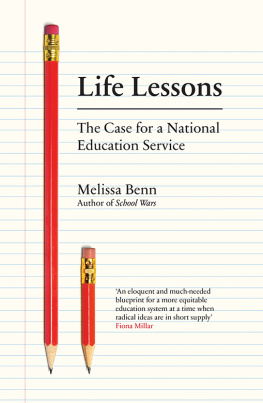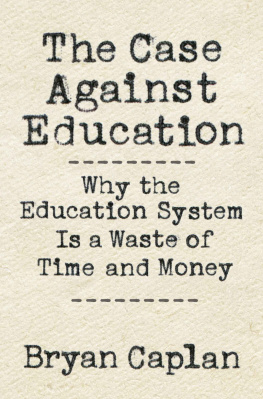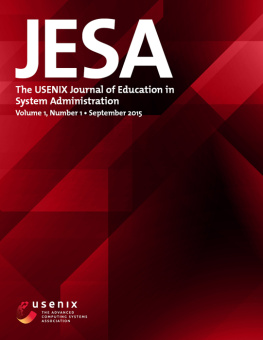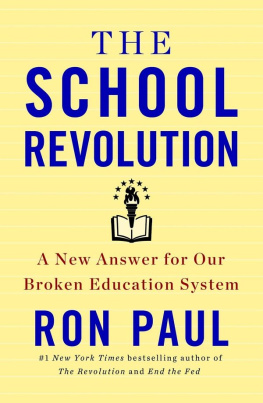The Case against Education

The Case against Education
WHY THE EDUCATION SYSTEM
IS A WASTE OF TIME AND MONEY

Bryan Caplan
PRINCETON UNIVERSITY PRESS
PRINCETON AND OXFORD
Copyright 2018 by Princeton University Press
Published by Princeton University Press,
41 William Street, Princeton, New Jersey 08540
In the United Kingdom: Princeton University Press,
6 Oxford Street, Woodstock, Oxfordshire OX20 1TR
press.princeton.edu
All Rights Reserved
ISBN 978-0-691-17465-5
British Library Cataloging-in-Publication Data is available
This book has been composed in Minion Pro
Printed on acid-free paper.
Printed in the United States of America
10 9 8 7 6 5 4 3 2 1
To my homeschoolers,
Aidan and Tristan.
You are the case for education, my sons.

Contents

CHAPTER 2 - The Puzzle Is Real: The Ubiquity of
Useless Education
CHAPTER 3 - The Puzzle Is Real: The Handsome Rewards of
Useless Education
CHAPTER 4 - The Signs of Signaling: In Case Youre Still
Not Convinced
CHAPTER 5 - Who Cares If Its Signaling? The Selfish Return
to Education
CHAPTER 6 - We Care If Its Signaling: The Social Return
to Education
CHAPTER 7 - The White Elephant in the Room: We Need Lots
Less Education
Illustrations

Tables

Preface

When I started writing this book, I knew Id need to read piles of research but failed to foresee the enormity of the piles. Education isnt just a major industry; it inspires researchers curiosity because its their industry. No one discipline owns the topic: departments of education, psychology, sociology, and economics all contain armies of education researchers. While I personally hail from the economist tribe, Ive tried to read broadly and deeply in all four fields. My synthesis is contrarian, but my evidence is not. My strategy is to collect standard findings in education, psychology, sociology, and economics, then snap them all together.
Given the mass of the evidence, it would be easy to handpick a grossly biased basket. Readers must judge how well Ive countered this ever-present temptation, but I offer one upfront disclosure: I consciously place extra weight on basic statistics over high-tech alternatives. When relevant experimental evidence is thin or nonexistent (as it usually is), I put my trust in Ordinary Least Squares with control variables. When the results seem questionable, I just seek richer data. This approach isnt perfect, but its easy to understand, easy to compare, and hard to manipulate. High-tech statistics can improve on basic methods, but the cost is high: to fix the flaws you understand, you usually have to introduce new flaws you dont understand.
Socially speaking, this book argues that our education system is a big waste of time and money. Selfishly speaking, however, the six years Ive spent writing this book at George Mason University have truly been well spent. In any other industry, a whistle-blower would be an outcast. My industry, in contrast, appears to welcome whistle-blowers with open armsor at least bemusement. While some of my colleagues reject my thesis, our dispute has been great fun. When Ive reached out to researchers in other schools and fields, theyve been reliably curious and generous. I almost want to thank the Ivory Tower itself, but credit belongs to all the researchers, students, and autodidacts who have lent me their insight, especially John Alcorn, Joseph Altonji, Omar Al-Ubaydli, Chris Andrew, Kartik Athreya, Michael Bailey, David Balan, Patrick Bayer, Jere Behrman, Truman Bewley, David Bills, Pete Boettke, Don Boudreaux, Jason Brennan, Aidan Caplan, Corina Caplan, Larry Caplan, Tristan Caplan, Art Carden, Steve Ceci, David Cesarini, Damon Clark, Greg Clark, Angel de la Fuente, Douglas Detterman, Rachel Dunifon, James Gambrell, Andrew Gelman, Zac Gochenour, Eric Hanushek, David Henderson, Dan Houser, Mike Huemer, Chad Jones, Garett Jones, Tim Kane, Dan Klein, Arnold Kling, Mark Koyama, Alan Krueger, Kevin Lang, Jacob Levy, David Livingstone, Adriana Lleras-Muney, Phil Maguire, Greg Mankiw, Kevin McCabe, Jonathan Meer, Stephen Moret, Charles Murray, Vipul Naik, David Neumark, John Nye, Philip Oreopoulos, Steve Pearlstein, Lant Pritchett, Paul Ralley, Russ Roberts, Fabio Rojas, Steve Rose, Bruce Sacerdote, Jim Schneider, Joel Schneider, Jeffrey Smith, Thomas Stratmann, Sergio Urzua, Richard Vedder, Amy Wax, Bart Wilson, Sam Wilson, Ludger Woessmann, and seminar participants at the Federal Trade Commission and George Mason University. The Center for Study of Public Choice and the Mercatus Center provided generous financial support, and Nathaniel Bechhofer provided invaluable graphics assistance. Further thanks to my editor Peter Dougherty, anonymous referees for Princeton University Press, research assistants Caleb Fuller, Zac Gochenour, Colin Harris, and Julia Norgaard, and my loyal corps of volunteer spreadsheet checkers: Matthew Baker, David Balan, Nathaniel Bechhofer, Zac Gochenour, Garett Jones, Jim Pagels, and Fabio Rojas. My apologies to anyone Ive forgotten.
My deepest gratitude, though, goes to Nathaniel Bechhofer, Tyler Cowen, Robin Hanson, and Alex Tabarrok for sharing my intellectual journey, day by day. Whatever they think about education as it really is, these dear friends exemplify education as it ought to be.
The Case against Education

Introduction

Why, anybody can have a brain. Thats a very mediocre commodity. Every pusillanimous creature that crawls on the Earth or slinks through slimy seas has a brain. Back where I come from, we have universities, seats of great learning, where men go to become great thinkers. And when they come out, they think deep thoughts and with no more brains than you have. But they have one thing you havent got: a diploma.
The Wizard of Oz
I have been in school continuously for over forty years. at George Mason University. Twenty years later, Im still here. In the fall, Ill be starting forty-first grade.
The system has been good to me. Very good. I have a dream job for life. Im expected to teach five hours of class, thirty weeks per year. Unlike many professors, I love teaching; but even if I hated it, 150 hours a year is a light burden. The rest of the time, I think, read, and write about whatever interests me. Thats called research. My salary doesnt make me wealthy, but I wouldnt trade places with Bill Gates. His billions cant buy me anything I crave I dont already have. And I bet that even in retirement, Gates lacks my peace of mind.
Next page
